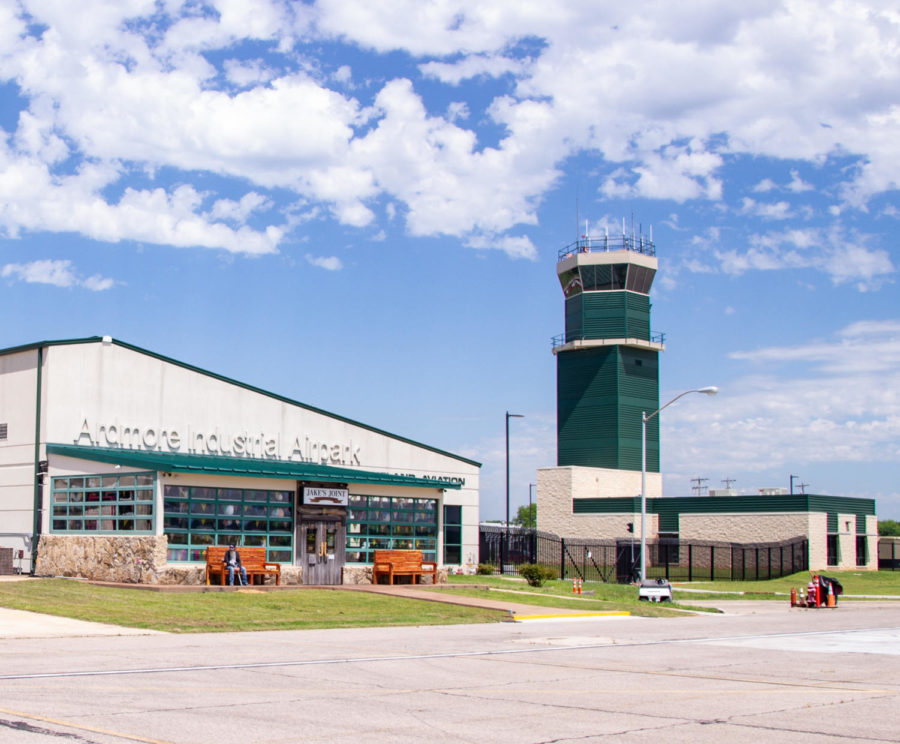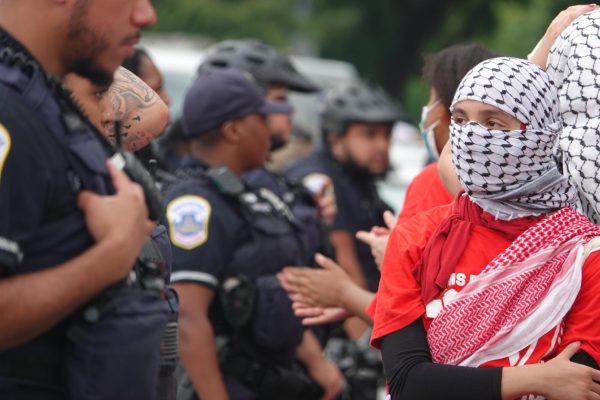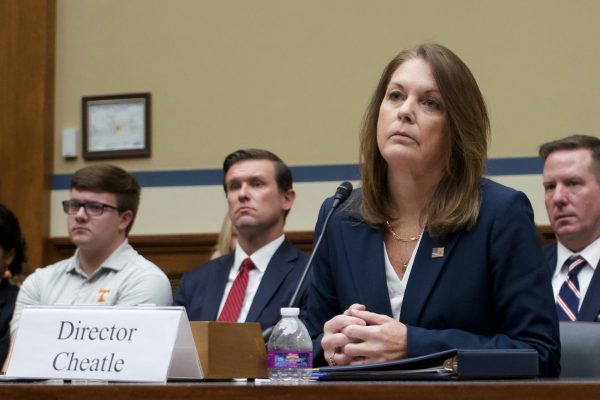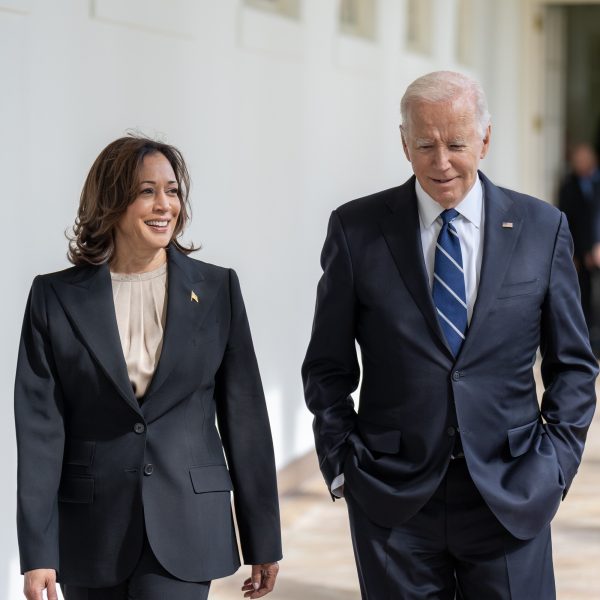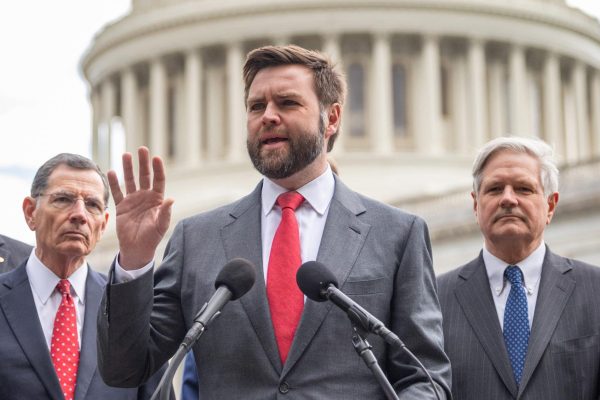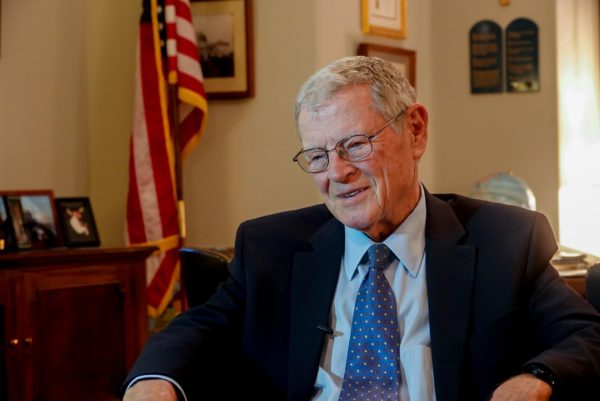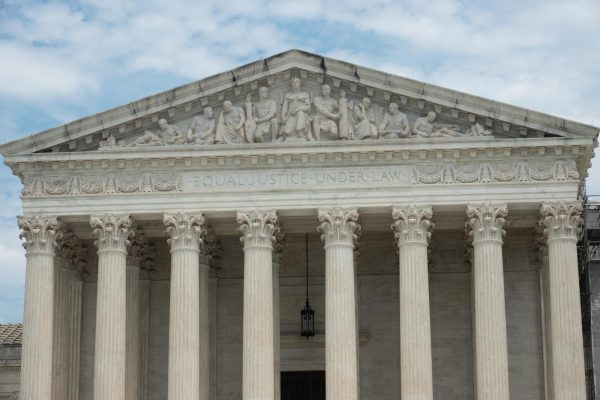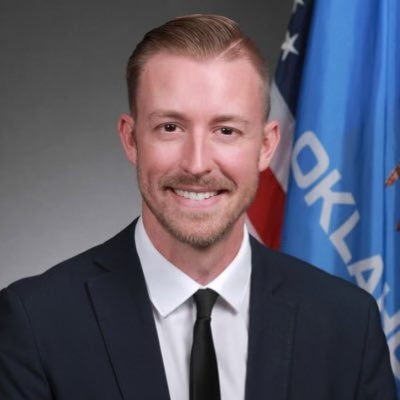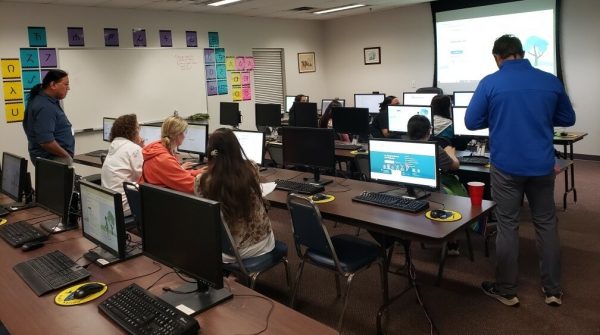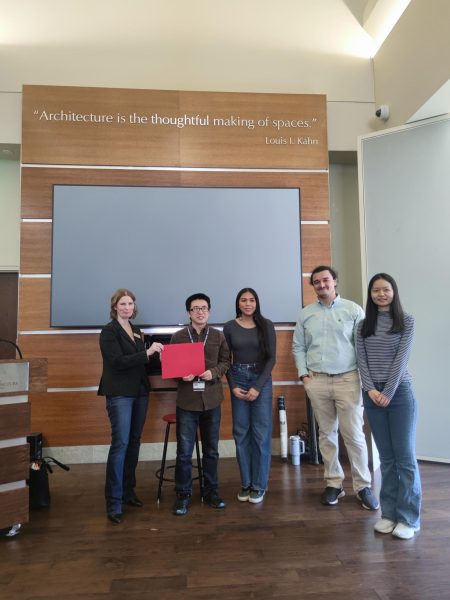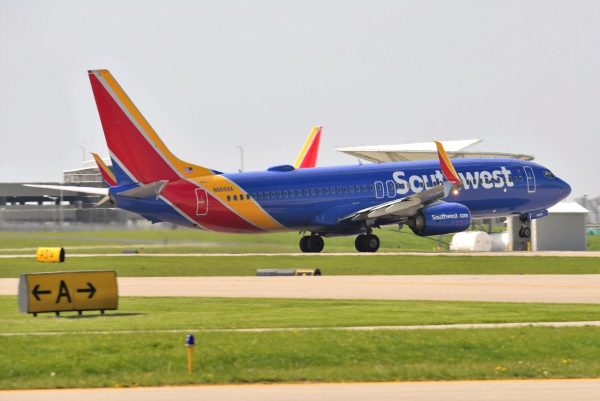Oklahoma Delegation Seeks Millions for Community Projects
Makes Joint Restaurant and the RVA Inc. Control Tower in the background at the Ardmore Industrial Airpark. Ardmore Industrial Airpark Jake’s Joint Restaurant and RVA, Inc. Control Tower Photo Courtesy of Ardmore Industrial Airpark
WASHINGTON — For the first time in a decade, lawmakers representing Oklahoma have submitted requests to the House Appropriations Committee for specific projects in their districts. U.S. Rep. Tom Cole has the most expensive wish list at $88 million. Cole is a veteran member of the House Appropriations Committee, the panel that collects all of the information and works on the bills that include the projects.
Directed Congressional Spending, better known as earmarks, was banned by Congress in 2011. Before that, earmarks were commonly used but attracted controversy from critics who claimed they led to wasteful spending and corruption due to a lack of transparency.
The return of earmarks brings changes, the result of a bipartisan resolution. Lawmakers now must certify that neither they nor their families have any financial stake in the project, and must publicly disclose the details of the project.
U.S. Reps. Frank Lucas (OK-3) and Stephanie Bice (OK-5) also submitted requests for fiscal year 2022.
Rep. Markwayne Mullin (OK-2) has voiced his support for earmarks in the past, but did not submit any requests for the 2022 budget.
Rep. Kevin Hern (OK-1) an outspoken critic of earmarking, submitted no requests and has introduced the Roadmap to Congressional Reform Package, which includes eliminating earmarks as one of its priorities.
The largest of Cole’s requests is for a $50 million Global Transportation and Industrial Park project he says would improve aging infrastructure and create jobs at the Ardmore Industrial Airpark.
“The funding request for the airpark presented by the Ardmore community reflects the most important needs they have identified to increase the capacity of this facility for economic development in the region,” Cole said.
Mita Bates, senior vice president and CFO of the development authority was pleased that Cole had seen the need to expand the Airpark.
“Congressmen Cole, like other members of our delegation recognizes the huge potential of our Airpark strategically centered between two growing metropolitan areas, Oklahoma City and Dallas/Fort Worth,” said Bates.
Another priority for Cole is the creation of a Native American Arthritis Research and Training Center in Oklahoma City, designed to address indigenous inequities in health care. Cole is a member of the Chickasaw Nation.
Lucas also seeks to improve Native American health care, with projects including an indigenous health equity center in Tulsa that would conduct research to better understand health differences in indigenous communities.
“The lingering health disparities of American Indians are troubling, and … the center would help promote research focused on eliminating these health disparities in indigenous populations,” Lucas said. He is seeking $6.5 million overall, divided between four projects.
Oklahoma’s senators do not agree about earmarks.
U.S. Sen. James Lankford is not expected to submit any requests for the next fiscal year.
“There are responsible ways to spend American tax dollars, and then there are earmarks,” Lankford said. “But earmarks do not prioritize essential national projects; they prioritize lobbying and bridges to nowhere. We do not need one more way to overspend in the senate.”
Sen. James Inhofe, a past proponent of earmarks, used them often to secure funding for Oklahoma.
In 2010, he sponsored and co-sponsored earmarks totaling more than $86 million. Notable projects he secured funding for include the Inhofe Air Traffic Control Tower at Vance Air Force Base and the Joint Fires and Effects Training System at Ft. Sill.
Inhofe has not submitted any earmarks for the next fiscal year, but there is still time. Deadlines for the Senate to submit earmarks range by committee from June 15 to July 9.
List of delegation requests:
Bice’s requests include:
- Oklahoma City–Native American Arthritis Research and Training Center. Amount not specified.
- Oklahoma City– for the creation of the Oklahoma State University Oklahoma City Center for Social Innovation. Amount not specified.
Cole’s requests include:
- Ardmore — Ardmore Industrial Airpark, $50 million.
- Grady County project, adding shoulders and resurfacing State Highway 19 between Alex and Lindsay. $12 million.
- Garvin and Pontotoc county project, adding shoulders and resurfacing State Highway 19 between Stratford and Ada. $10.5 million.
- Lawton/Fort Sill — Fires Innovation Science and Technology Accelerator, campus modernization and expansion of the innovation park. $7.95 million.
- Midwest City–Water infrastructure improvements. $5 million.
- Oklahoma City– for the creation of Oklahoma Children’s Behavioral Health. $1 million.
- Norman– Hospital medical gas system and mechanical infrastructure. $622,760.
- Oklahoma City– Mid-America Christian University mental health counselor training and credentialing. $850,000.
- Oklahoma City– Native American and Arthritis Research and Training Center. $406,860.
Lucas’s requests include:
- Ponca City– Ponca City multi-model transportation infrastructure project. $2 million.
- Tulsa– Indigenous health equity. $2 million
- Stillwater– Rapid assured fully transparent integrated circuit platform. $1.2 million.
- Stillwater– 6G Innovations. $1 million
Gaylord News is a reporting project of the University of Oklahoma Gaylord College of Journalism and Mass Communication.
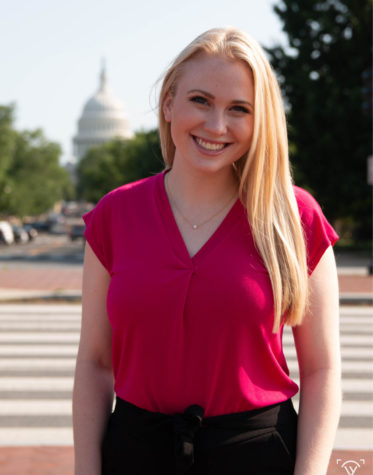
[email protected]
https://twitter.com/DeggsTV
https://www.linkedin.com/in/kaitlyn-deggs-198a19182/
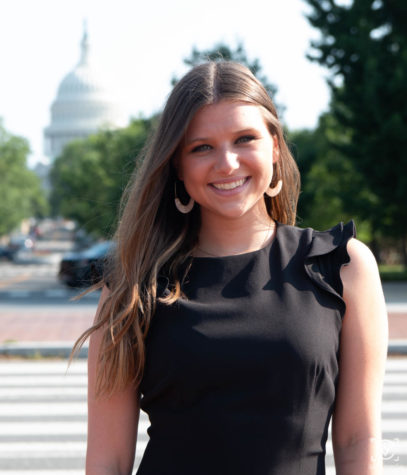
[email protected]
https://twitter.com/K_tingelstad
https://www.linkedin.com/in/kaleigh-tingelstad-60273b212/

